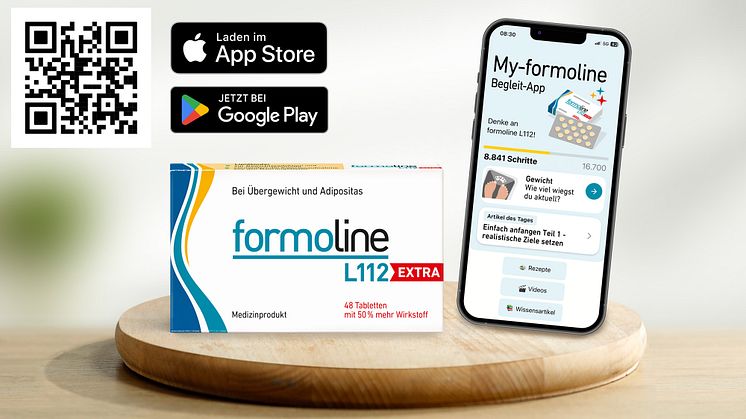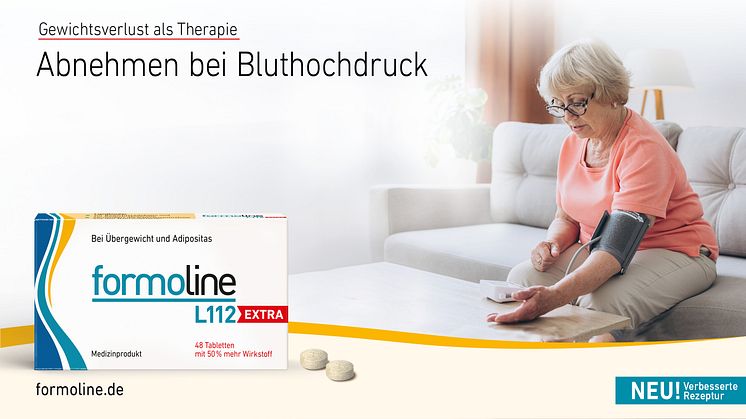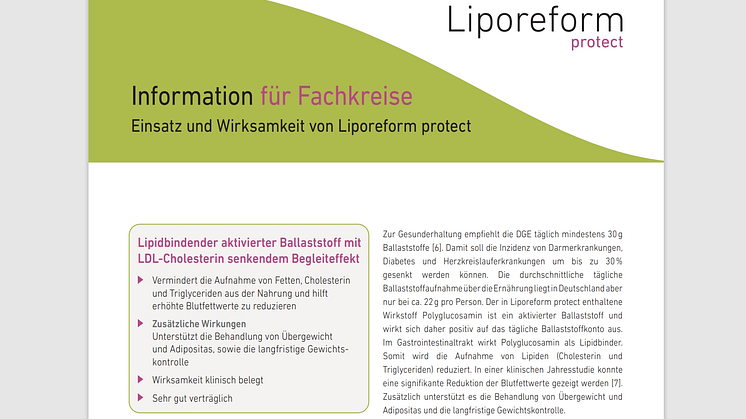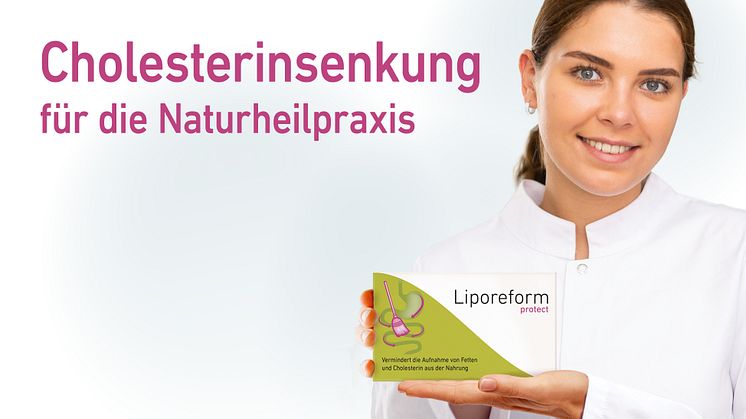News -
A Randomized Double-Blind Placebo-Controlled Clinical Study to Evaluate the Effect on the Weight of a Medical Device with Polyglucosamine L112 in a Group of Overweight and Obese Subjects
Mariangela Rondanelli (1,2) , Simone Perna (3), Matteo Della Porta (4), Federico Lombardoni (4) , Zaira Patelli (5),
Mara Nichetti (5), Clara Gasparri (5*) , Elvira Pistolesi (6), Benvenuto Cestaro (6) and Roberta Cazzola (4)
1 Department of Public Health, Experimental and Forensic Medicine, University of Pavia, 27100 Pavia, Italy; mariangela.rondanelli@unipv.it
2 RCCS Mondino Foundation, 27100 Pavia, Italy
3 Division of Human Nutrition, Department of Food, Environmental and Nutritional Sciences (DeFENS), Università degli Studi di Milano, 20133 Milano, Italy; simoneperna@hotmail.it
4 Department of Biomedical and Clinical Sciences, University of Milano, 20157 Milano, Italy; matteodellaporta92@gmail.com (M.D.P.); federico.lombardoni@unimi.it (F.L.); roberta.cazzola@unimi.it (R.C.)
5 Endocrinology and Nutrition Unit, Azienda di Servizi alla Persona “Istituto Santa Margherita”, University of Pavia, 27100 Pavia, Italy; zaira.patelli01@universitadipavia.it (Z.P.); dietista.mara.nichetti@gmail.com (M.N.)
6 Postgraduate Course in Nutritional Food and Applied Nutrition, University of Milano, 20157 Milano, Italy; epistolesi@hunza.it (E.P.); benvenuto.cestaro@unimi.it (B.C.)
* Correspondence: clara.gasparri01@universitadipavia.it; Tel.: +39-0382-381739
Abstract: Background. Overweight and obesity have reached epidemic proportions and safe treatments are needed to heal these diseases. Objective. The objective of this study is to examine the activity of a medical device based on polyglucosamine polymers (PG) on body weight (BW) reduction, insulin resistance, and the serum levels of fat-soluble vitamins and glucosamine. Methods. A doubleblind placebo-controlled interventional study comparing PG and a placebo (PL) was conducted. One hundred and fifty overweight or obese cases were treated, divided into two groups for a period of 90 days at the dosage of 3 g/day. Results. One hundred and nineteen cases (58 with PG and 61 with PL, respectively) concluded the treatment. PG was more effective than the PL on the reduction of BW and insulin resistance. No modification of fat-soluble vitamins (Vit A, E, D3 , K1 ) and glucosamine levels was shown. Total cholesterol levels were significantly more reduced in the PG group compared to the PL group as it was for subjects with a BW decrease of >5%. Conclusions. PG acts as a safe medical device, is not absorbed, and binds lipids in the upper gastrointestinal tract, reducing their availability, with a significant activity on the reduction of BW, insulin resistance, and cholesterol levels without the modification of fat-soluble vitamins.



